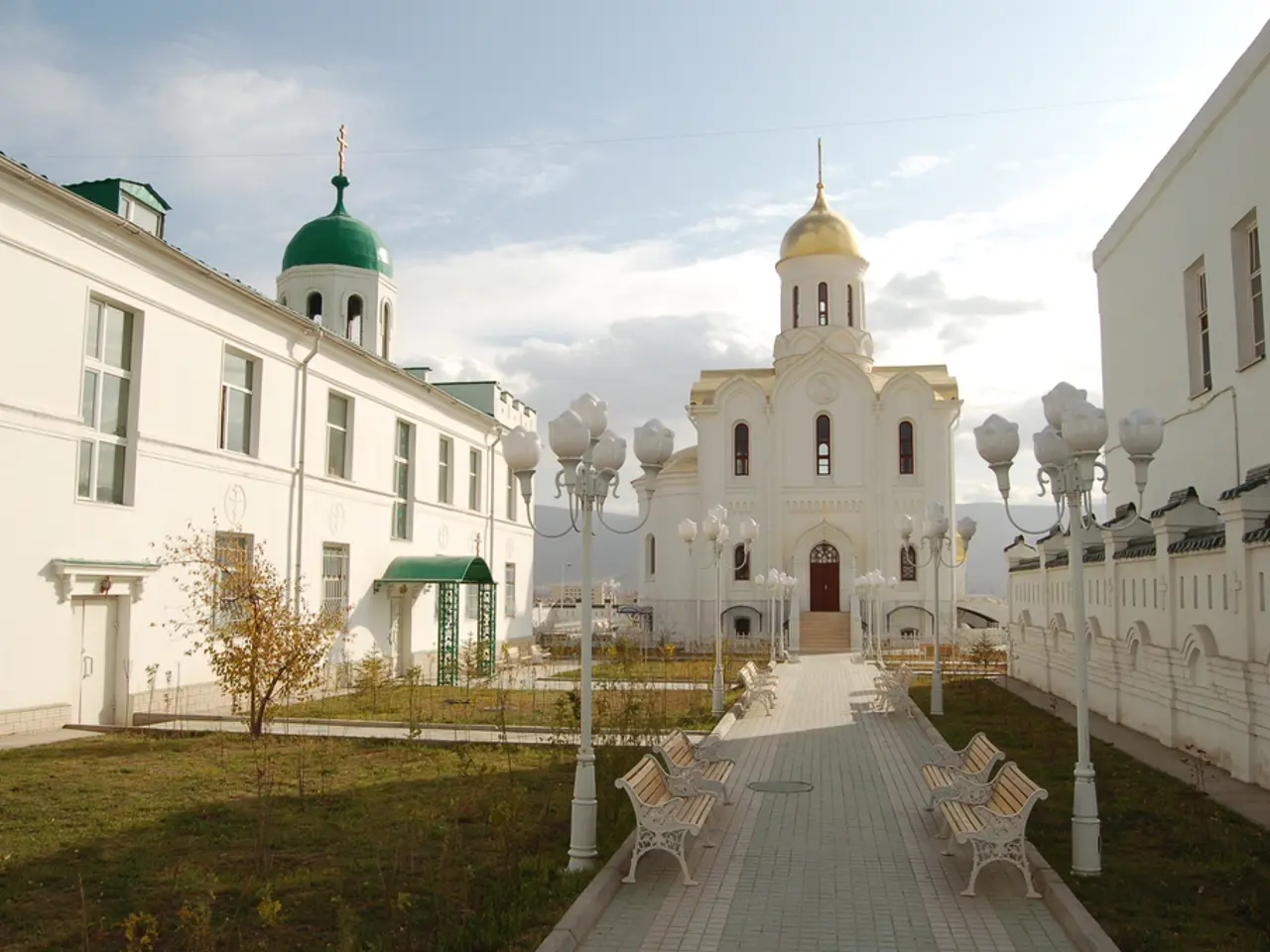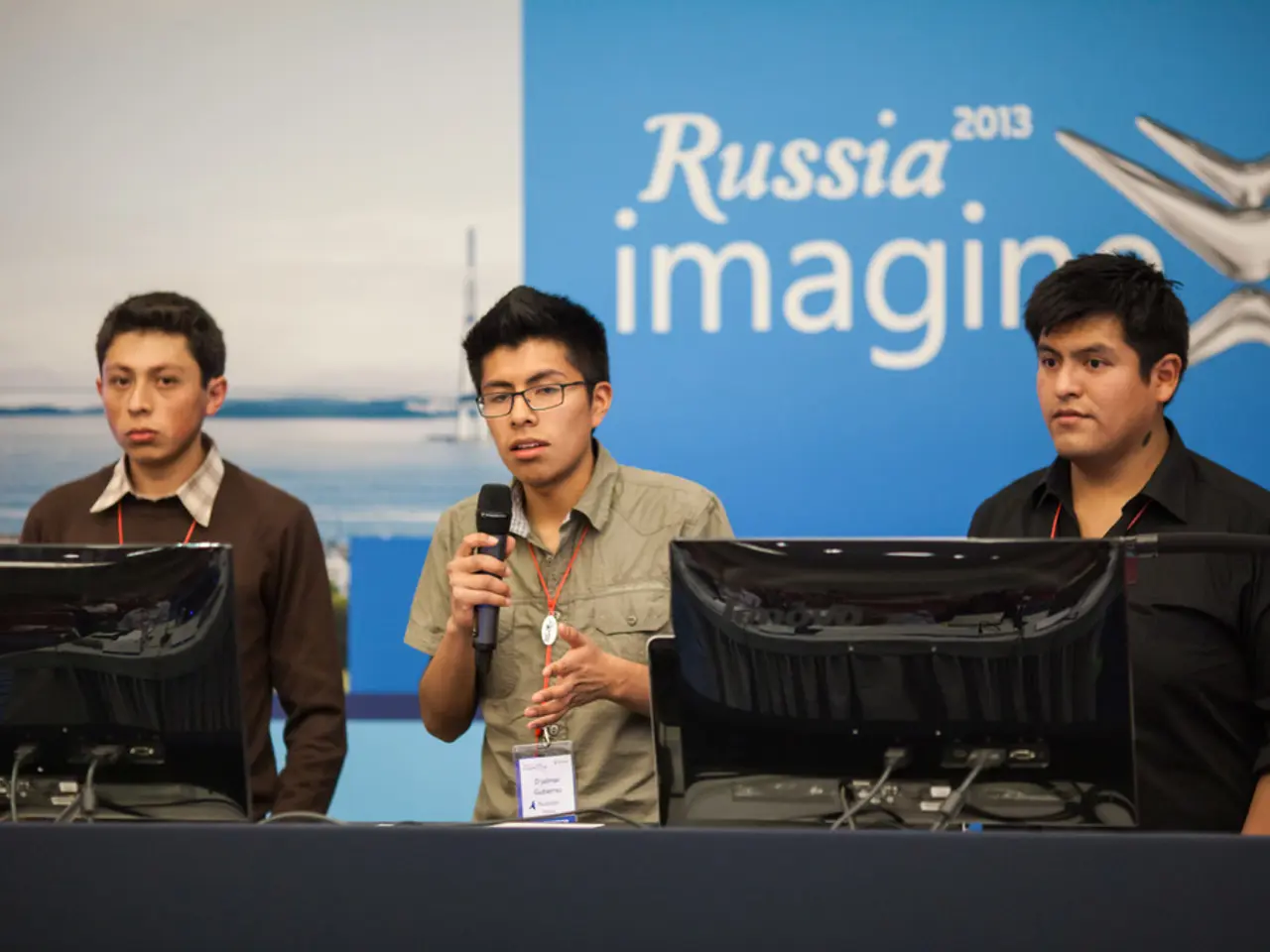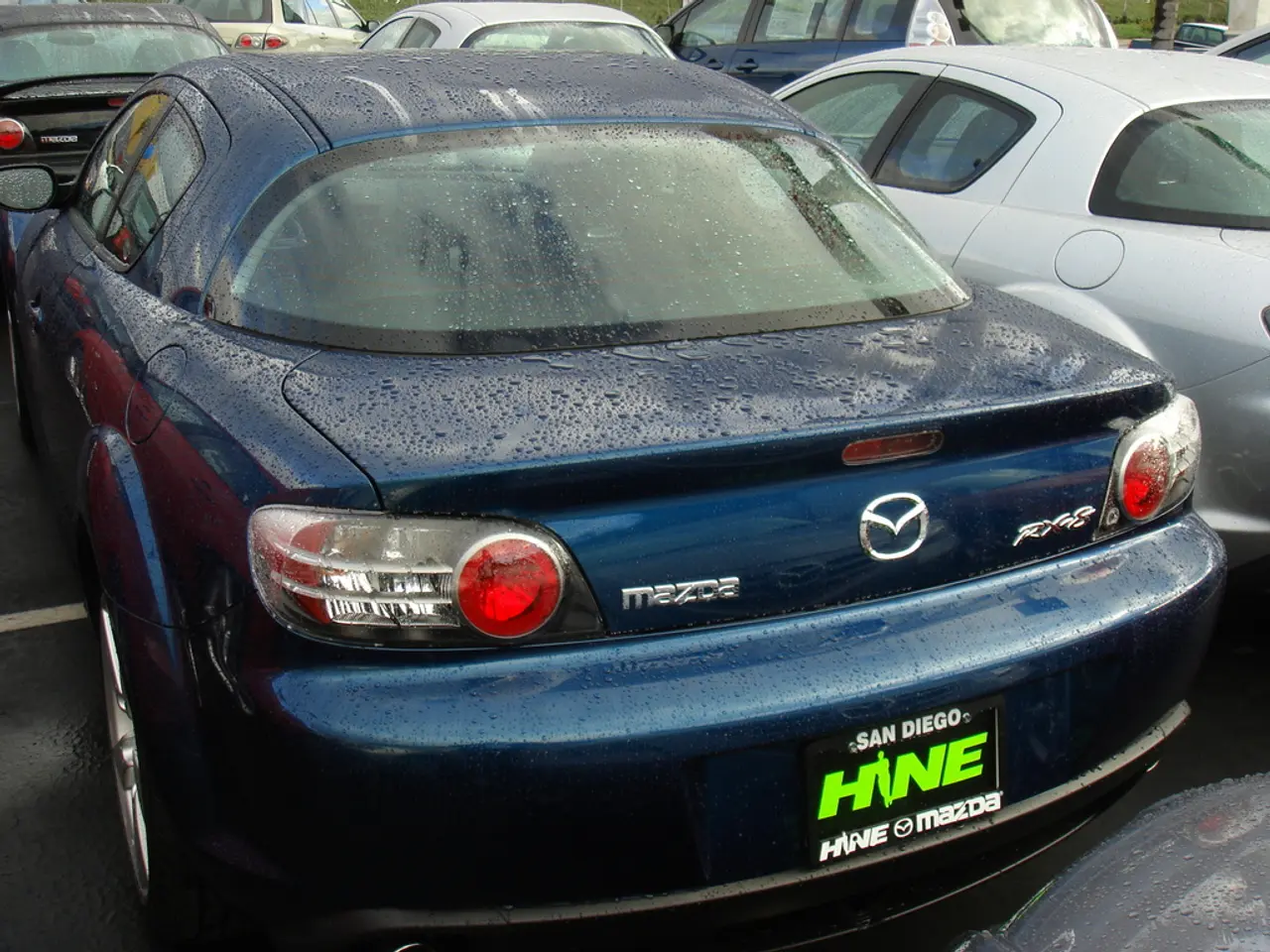Construction of Balkonkraftwerke in Baden-Württemberg Progresses
In the southern German state of Baden-Württemberg, several municipalities are encouraging the installation of balcony power plants, joining a nationwide movement that has seen over one million such installations across the country. Cities like Ludwigsburg, Aalen, Friedrichshafen, and Lörrach are among those offering support for these small-scale renewable energy systems.
However, the state's adoption of balcony power plants is slightly below the national average, with around 130,000 registered systems, equating to approximately 24 per 1,000 households. This places Baden-Württemberg third in the number of balcony power plants, following North Rhine-Westphalia and Bavaria. Rhineland-Palatinate follows closely with around 31 per 1,000 households.
Despite this growth, challenges remain in the commissioning process, particularly for tenants living in communal and cooperative housing associations, due to regulations. According to Sebastian Müller from the association Balkon.Solar, these barriers can prevent tenants from contributing to the energy transition.
The Ministry of the Environment in Baden-Württemberg recognises the potential for tenants to play a role in the energy transition, suggesting that plug-in solar systems, which allow minimal effort and potentially high costs, could be an option. However, the ministry's spokeswoman notes that the contribution of these systems to reducing greenhouse gas emissions is small.
In a positive step towards simplifying the commissioning process, an amendment to the Renewable Energy Act last year allows consumers to temporarily keep their old electricity meters. As of April 2024, there is no need for registration of balcony power plants with the network operator; an information to the Federal Network Agency is sufficient.
It is estimated that the actual number of installed balcony power plants in Baden-Württemberg is three to four times higher than the registered number, which would suggest between 300,000 and 500,000 systems in the state. This high number is partially due to the PV obligation for new buildings that has been in effect since 2022, leading to a surge in PV roof installations.
Regarding subsidies, no direct evidence of municipal subsidies for installing plug-in power plants or associated charging infrastructure was found in the current data. Consulting Baden-Württemberg’s official environment or energy agency websites would be advisable for detailed subsidy information.
The Ministry of the Environment in Baden-Württemberg has shown a positive stance towards plug-in hybrid vehicles and related infrastructure, as evidenced by a demonstration program involving ten plug-in hybrid vehicles and dedicated charging stations run by the energy provider EnBW in the region. However, no detailed rating criteria or official evaluations for plug-in power plants (which could refer to plug-in hybrid vehicles or related charging infrastructure) were found in the available search results.
The Ministry of the Environment in Baden-Württemberg is considering the potential of plug-in solar systems in the energy transition, acknowledging that these systems could facilitate tenant participation, despite their small contribution to reducing greenhouse gas emissions. The growth in the number of balcony power plants in Baden-Württemberg extends to the finance and technology sectors, as the state's Renewable Energy Act has facilitated an increase in plug-in solar systems and other renewable energy technologies.




